Kunming, the capital of Yunnan province, is famous for its year-round pleasant climate, for which it earned the title of the City of Eternal Spring, but few people know that Kunming is also one of the world's most biodiverse cities, home to many species of birds, mammals, snakes, lizards, frogs and also an incredible variety of plants and fungi.
Such is Kunming's biodiversity that it is considered one of top five of the world's most biodiverse cities. The capital of Yunnan rivals even cities in the Amazon rainforest, such as Iquitos in Peru, as well as Sao Paolo in Brazil, Mexico City, Medellin in Colombia, Mumbai in India and Cape Town in South Africa.
All of the world's most biodiverse cities are located in the world's most biodiverse countries, of which China is one. But Kunming's incredible biodiversity is also due to the fact that the Spring City is the capital of the most biodiverse province in China – Yunnan.
Yunnan covers only 4% of China's area, but such is the variety of local topography, geography and climate, that the province is home to more than half of all of China's mammals, three-quarters of all of China's endangered species, more than 60% of China's birds, 6000 species of fungi and almost 20000 species of higher plants - far more than most countries in the world.
Kunming is located between the two extremes of Yunnan – the lowland tropical forests of the South and the cold, mountainous Alpine North. Situated at altitude of just under 2000m above sea level, Kunming is a subtropical city with a dry and wet season, which is another reason for its high biodiversity.
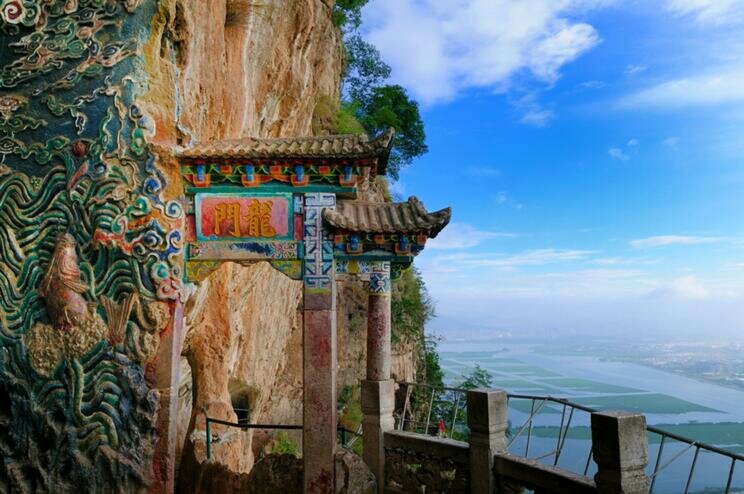
Landing in Kunming it is clear where the habitats of wildlife are - the city is nestled between forest-covered mountains and Dianchi Lake - one of the largest in China.
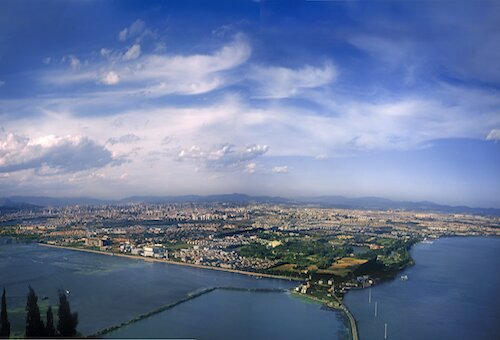
The forests around Kunming are home to wild cats, flying squirrels, civets and macaques – one was rescued after wandering into the city center last year. Xishan Park on the Western bank of Dianchi Lake is an example of original old growth forests and one of Kunming's most popular tourist attractions.
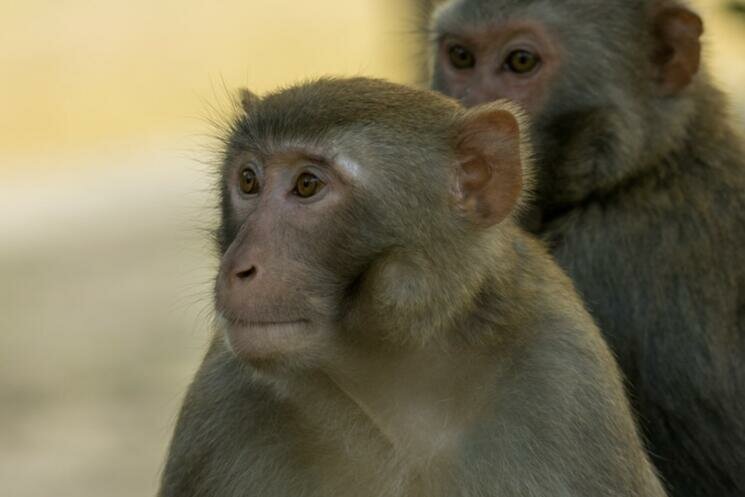
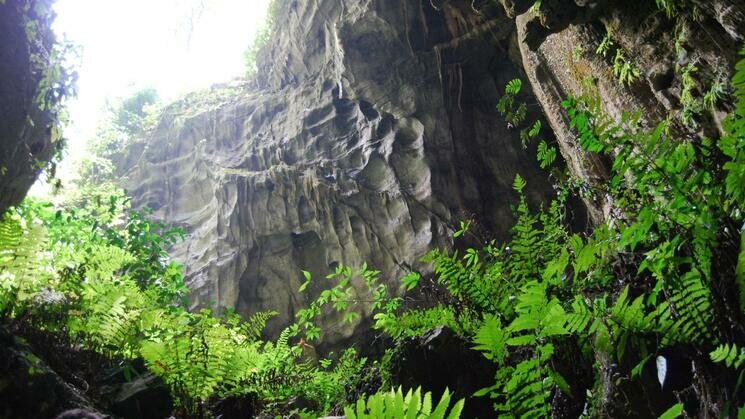
Dianchi Lake, Kunming's iconic landmark, is the largest plateau lake in China, covering the area of over 300 square kilometres. Once its waters were crystal clear, but then came decades of pollution - the lake became a sink for the outflow from the growing city and the surrounding agricultural land. A lot of the lake's wetlands that supported many species, were also drained to make way for agriculture and development.

The original biodiversity of Dianchi was one of the highest in the world, with many species, such as freshwater mussels and fish, found nowhere else. In 2008, Kunming authorities started a billion-dollar program to clean up Dianchi Lake and restore its original ecosystems and biodiversity.
Forests and wetlands once converted to farmlands, fishponds and residential areas were brought back, and thousands of residents were relocated to give place to wilderness. Close to a million trees were planted, and kilometres of concrete breakwaters on the shore were demolished.
Also, a 200m-wide ecological wetland belt was created around the lake in order to act as a "kidney" - a natural filter for the incoming pollutants. In addition, 20 wetland parks were built around the lake.
The investment is bearing fruit – the water quality has improved greatly, the fish are coming back, as are many species of birds. One of the classic sights of Kunming is swarms of black headed gulls that come every year to Dianchi Lake and have become one of the city's main tourist attractions.
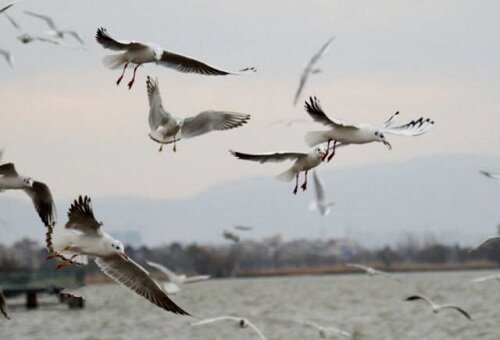
Birds are easy to sport, but a visitor to Kunming is unlikely to see reptiles - snakes or lizards. However, the city has plenty of reptiles – 42 species, in fact. In comparison, France has 35, Germany – 16, and the UK 5 reptile species.
There is even a species of a snake which belongs to what is known as Kukri snakes, that was discovered in 1993 in Kunming and named after the city – the scientific name of the species is Oligodon kunmingensis.
Only reptile specialists would know that somewhere on the outskirts of Kunming, where exactly is kept secret, lives one of the world's rarest turtles - Yunnan box turtle. Box turtles are semi-aquatic, living on the margins of streams, lakes and rivers. Many species are now critically endangered, because of collection for food, traditional medicine and pet trade.
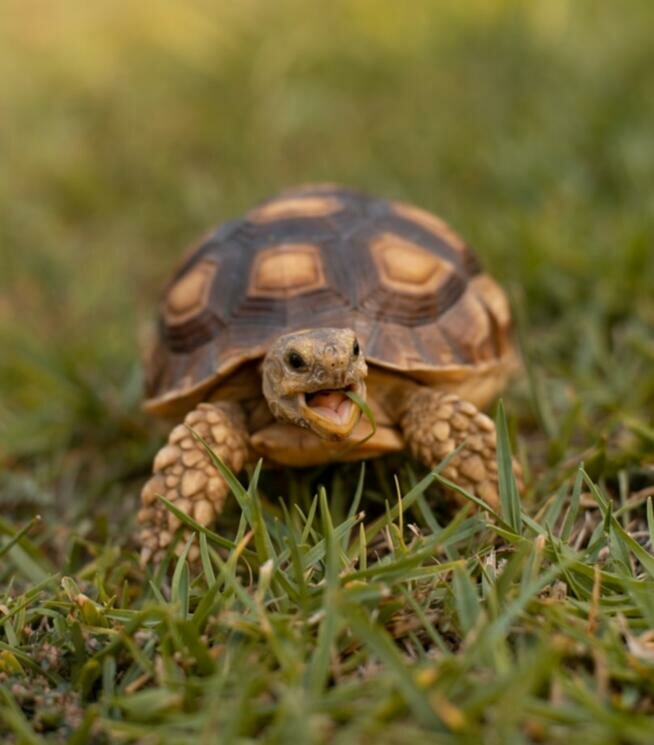
The species was thought to have gone extinct around 1940, but one Yunnan box turtle appeared on Kunming market in 2006, and then another one was found – an old turtle that was a pet of a very old man living in Kunming.
After a search by Kunming scientists, a surviving population of Yunnan box turtles was discovered in the wild within Kunming municipality, and then a captive breeding program was set up by Kunming Institute of Zoology to save the species.
The species is very strictly protected. Yunnan box turtle is a national Grade 1 protected animal, and capturing or selling one can land the criminal behind bars for over a decade.
But Yunnan box turtle is not the only protected species found in Kunming. In fact, the city is home to 71 nationally protected species of animals, including 12 species of mammals and 55 species of birds.
Birds is also something that Kunming is famous for - birdwatchers from across China now come to Kunming. The Spring City is home to over 400 species of birds, more than many countries.
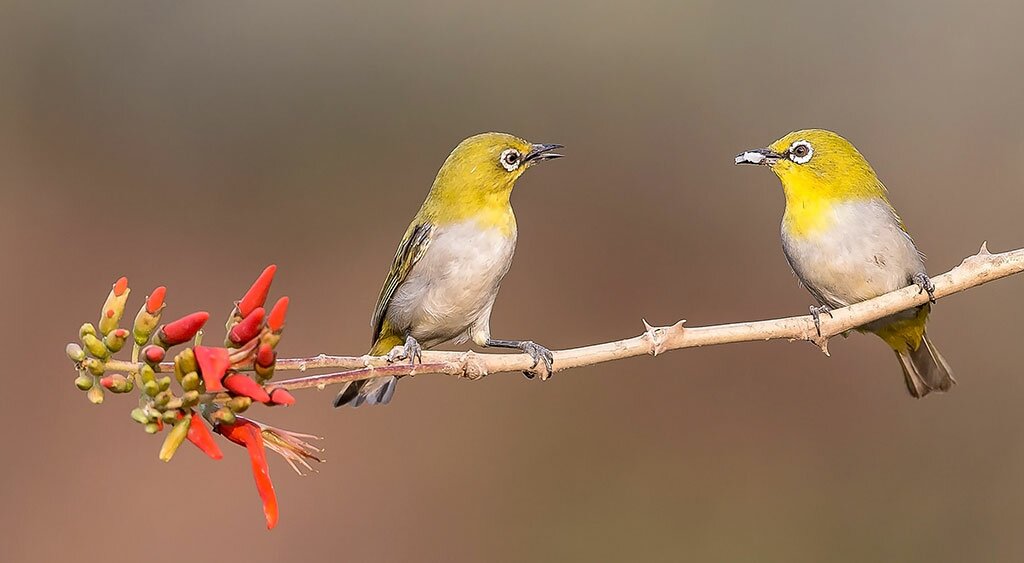
One of the best and most accessible birdwatching sites in Kunming is right in the center of the city – the campus of Yunnan University, but to see wading birds and water fowl birdwatchers flock to the wetlands on Dianchi Lake – one of the best sites is Dongda River Wetland on the lake's southern bank.
However, a visitor to Kunming does not need to be a biologist or a birdwatcher to appreciate the city's incredible diversity of fungi, more specifically - edible mushrooms.
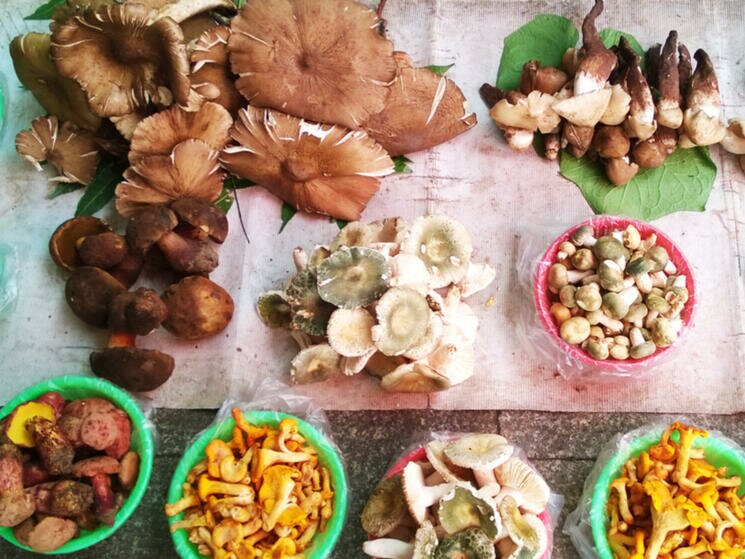
Late summer and autumn are the mushroom season in Kunming, the city's restaurants offer a great variety of local delicacies made with fresh wild mushrooms, and visitors come from across China to enjoy this gift of Spring City's biodiversity.
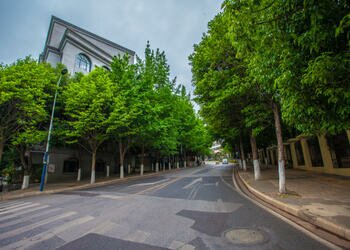
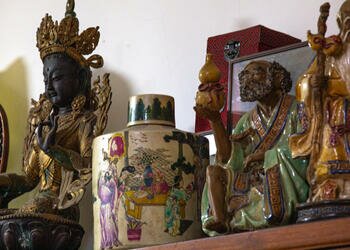

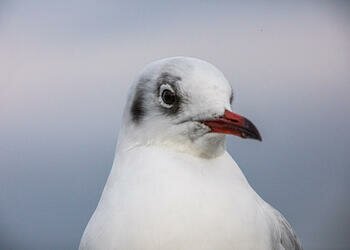

Comments